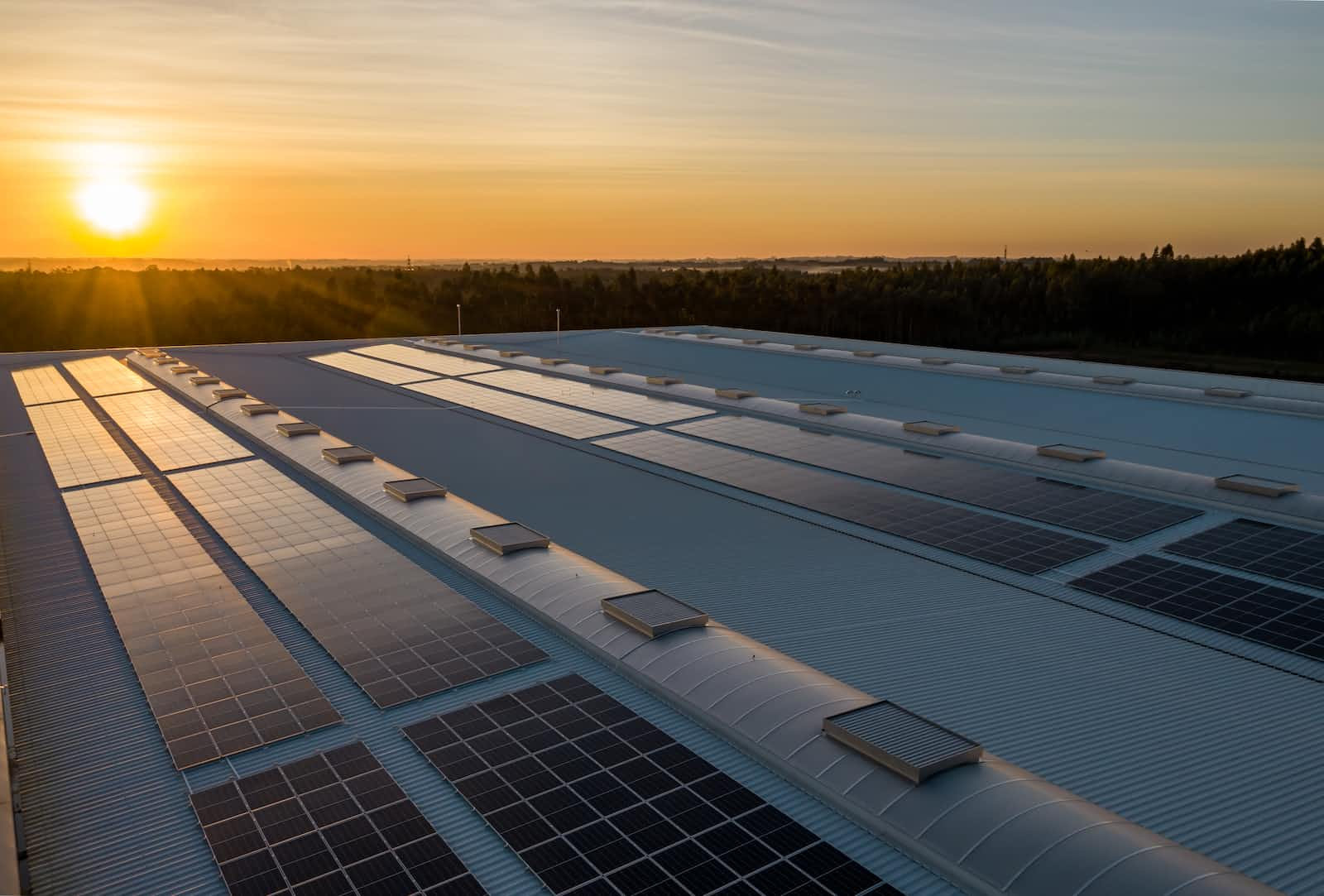How to Calculate the Right Solar System Size for Your Home.
 Doug Ferrieri
Doug Ferrieri
If you're looking to go solar, you may be wondering how to calculate the power you need in kilowatts (kW). Calculating the right size, we'll walk you through the steps you need to take to accurately calculate the size of the solar system you need. Firstly, you'll need to consider how much energy you need for the space you have. This will depend on the size of your space, the number of occupants, and the type of electrical appliances you have in the home or business. You'll also need to take into account the local climate and the amount of sunlight that your space receives. Once you have this information, you can start to look at the different types of solar panels available and the size of the solar system you'll need. For example, if you're looking to power a large home, you may require a larger system than someone who is looking to power a small apartment.
Next, you'll need to look at the amount of energy you'll need on an average day. This will depend on the type of appliances you have in the home or business, as well as the amount of energy you anticipate using. With this information, you can then determine the size of the solar system you'll need to meet your energy needs.
How much solar power do I need for 1000 kWh?
How many solar panels do you need to power your home? Well, it depends on how much electricity you use. A typical home in the United States uses about 1,000 watts of electricity every day. To create enough electricity to cover this energy usage, you would need around 23 panels that can produce 325 watts each. This would give you a total of 7,475 watts, which is enough to power small appliances that use 1 watt or less.
It's important to remember that the amount of electricity your solar panels can produce depends on how many hours of peak sun your location gets each day. This means that the sunnier your area is, the more electricity your panels will be able to produce. You can use a special calculator to find out how many hours of peak sun your area gets and how much electricity your panels will be able to produce.
The size of your roof also affects how many panels you can install. Most residential solar panels produce between 250 and 400 watts each and a typical system for a house has about 150 watts. This means that a typical system will produce about 2,850 kilowatt-hours of electricity each year. If you have a big roof, you may be able to have more panels, which means you'll be able to produce more electricity.
Solar panel technology is always improving, so newer panels can produce more electricity than older ones. A typical house will need around 25 to 30 panels to cover their energy needs. This might be closer to 15 or 20 panels if you have newer, higher-powered panels.
In conclusion, solar panels are a great way to power your home using the energy from the sun. The number of panels you need depends on how much electricity you use, how sunny your area is, and the size of your roof. With the right number of panels, you can save money and help the environment by using clean, renewable energy.
Subscribe to my newsletter
Read articles from Doug Ferrieri directly inside your inbox. Subscribe to the newsletter, and don't miss out.
Written by

Doug Ferrieri
Doug Ferrieri
I am a husband and father who loves all things energy. I believe that we all have the power to create positive change in the world, and I strive to live my life accordingly. Follow me and let's create a brighter future together!